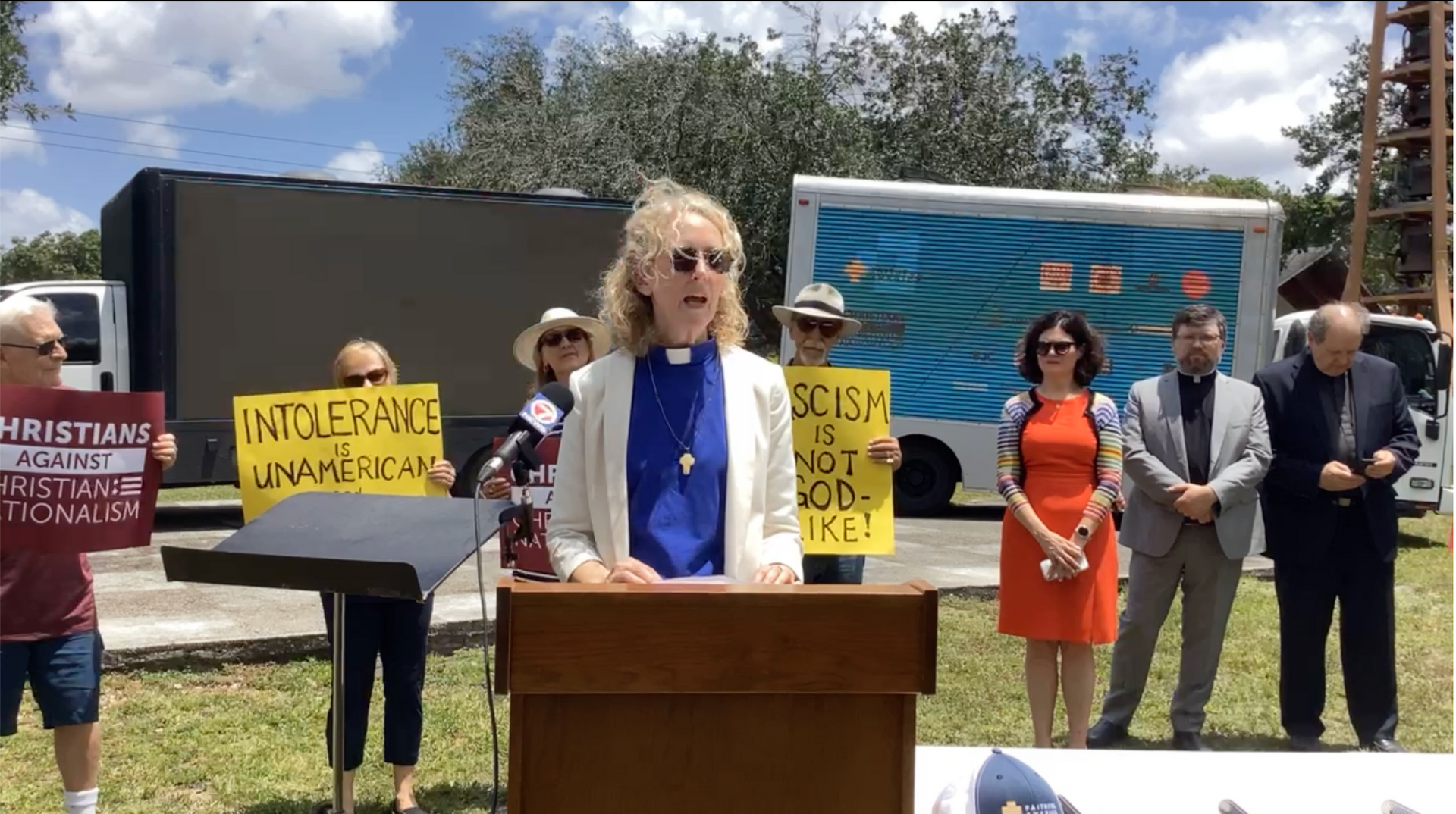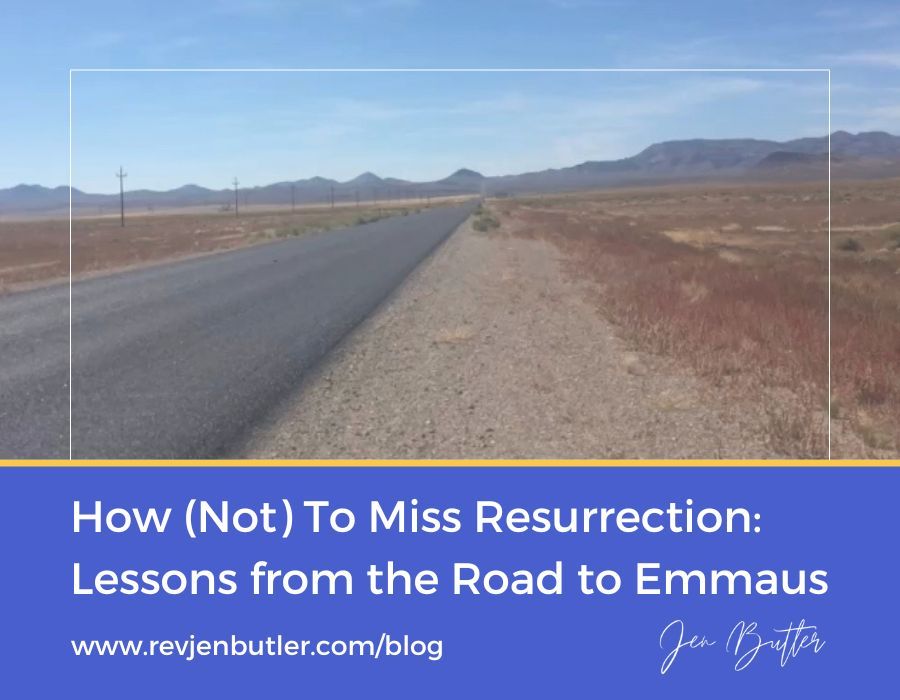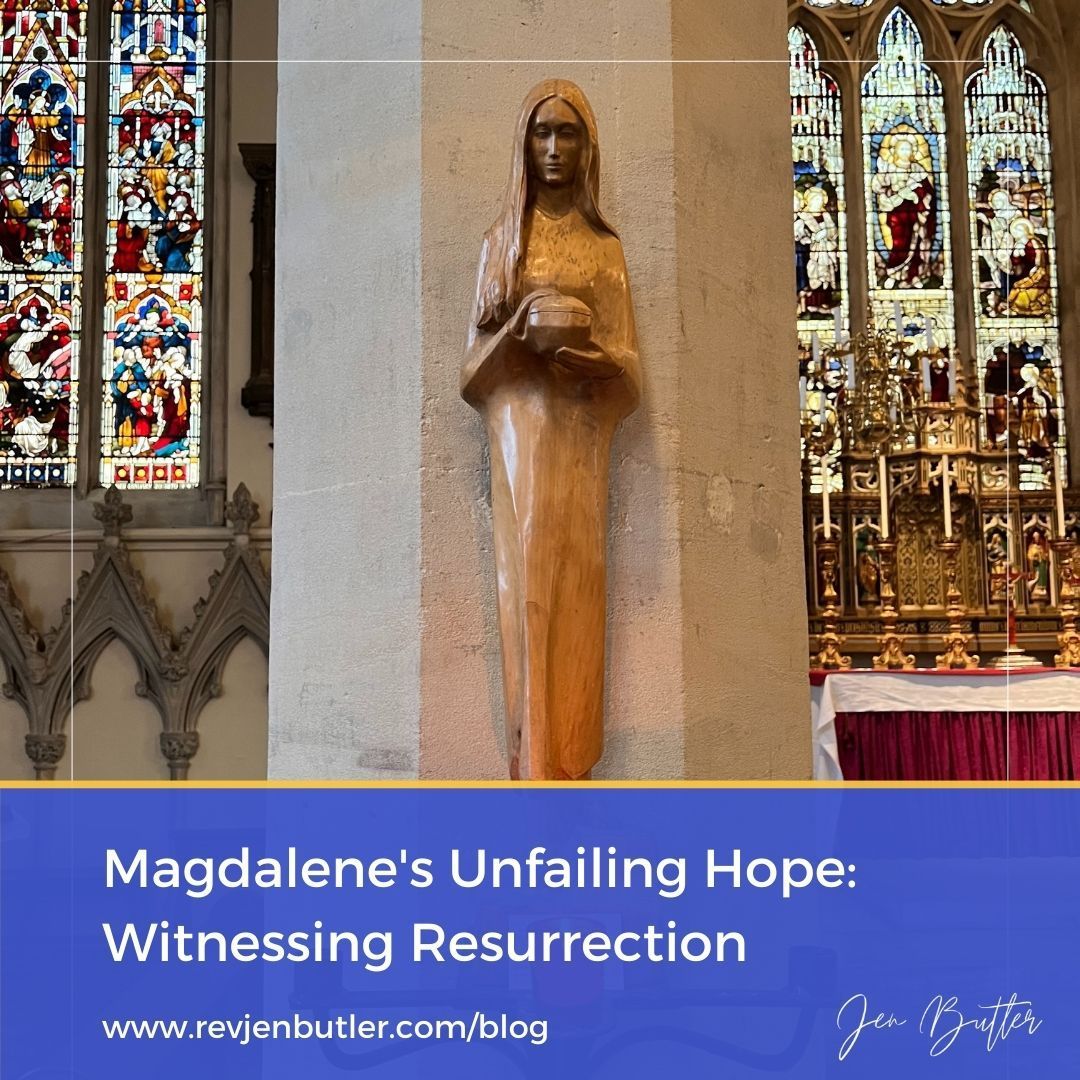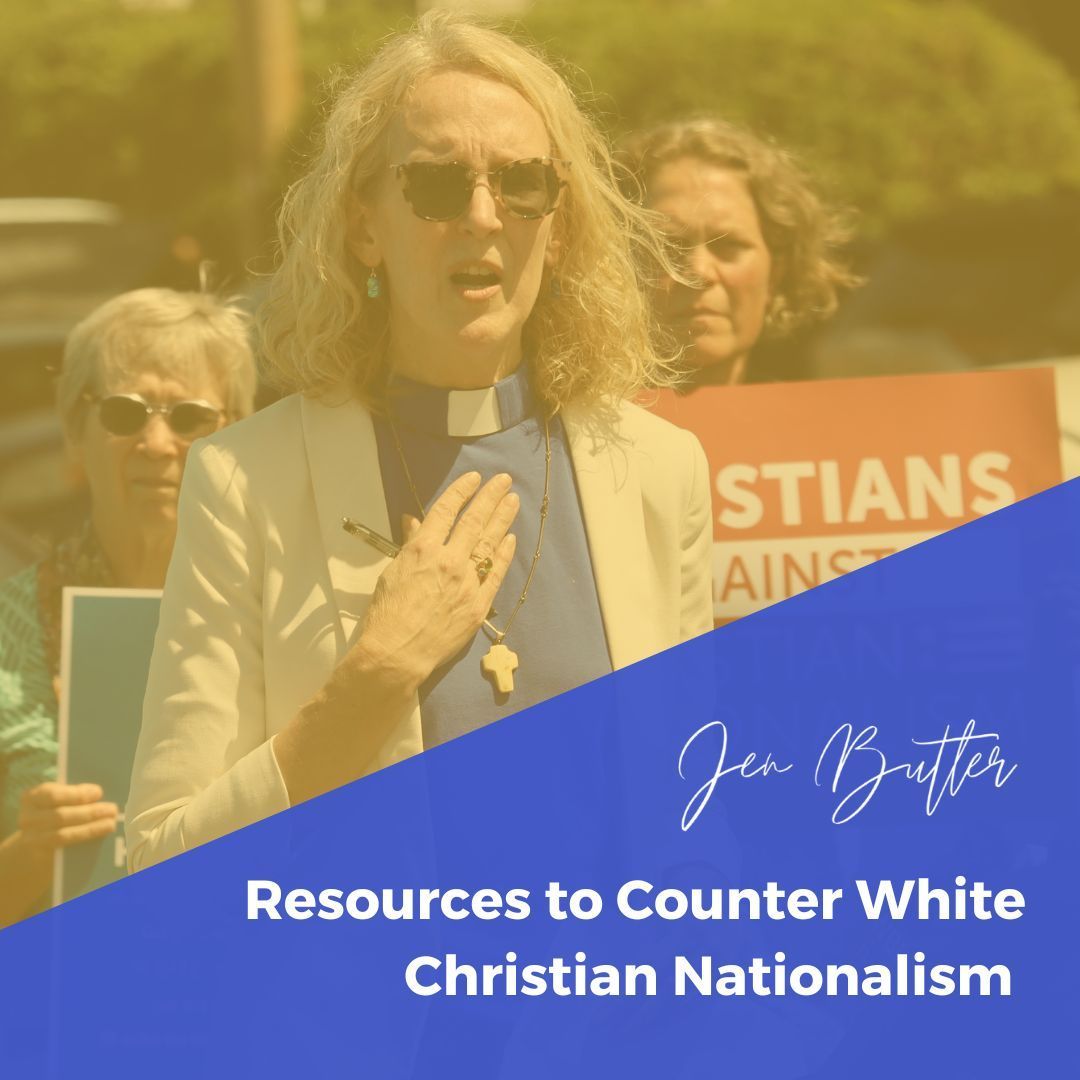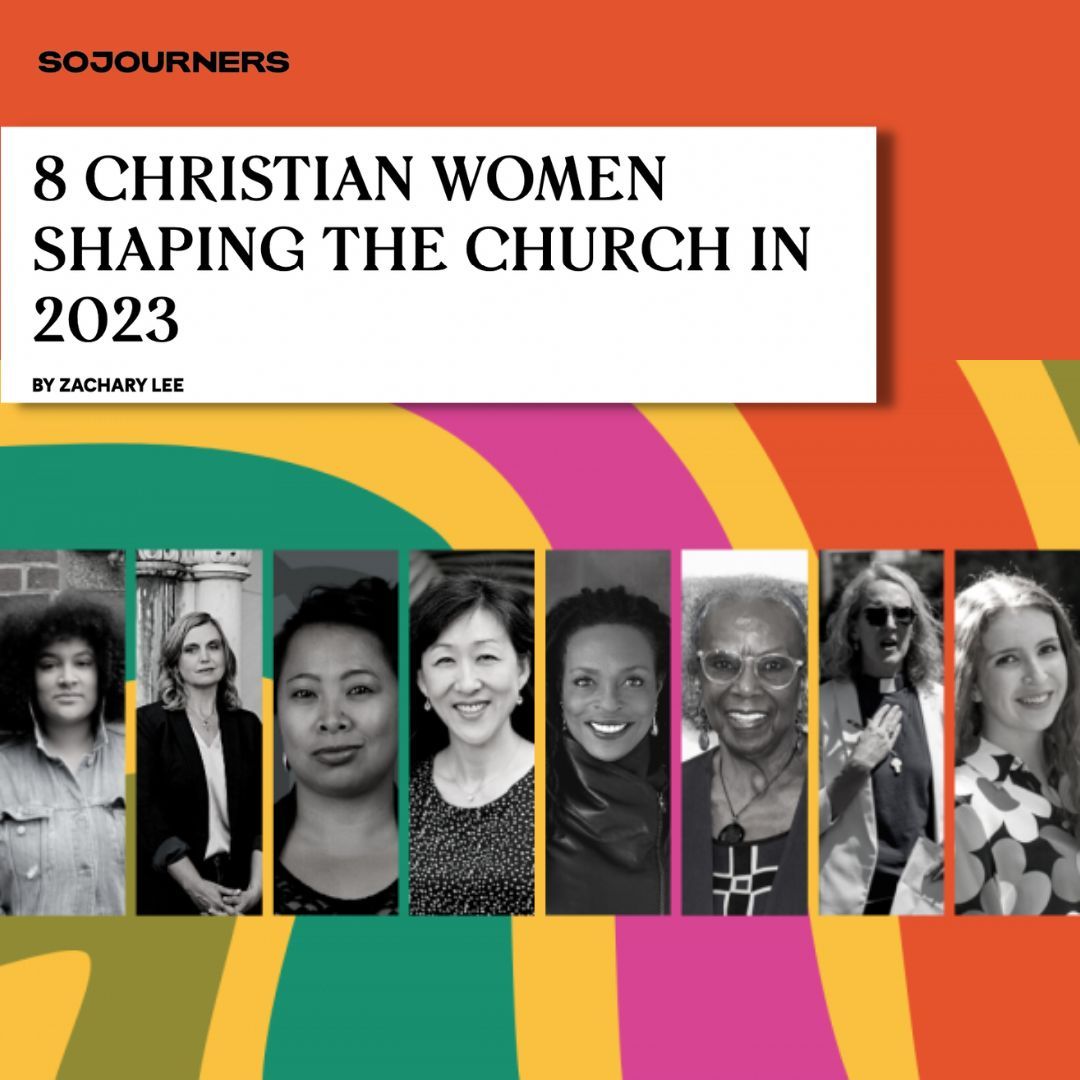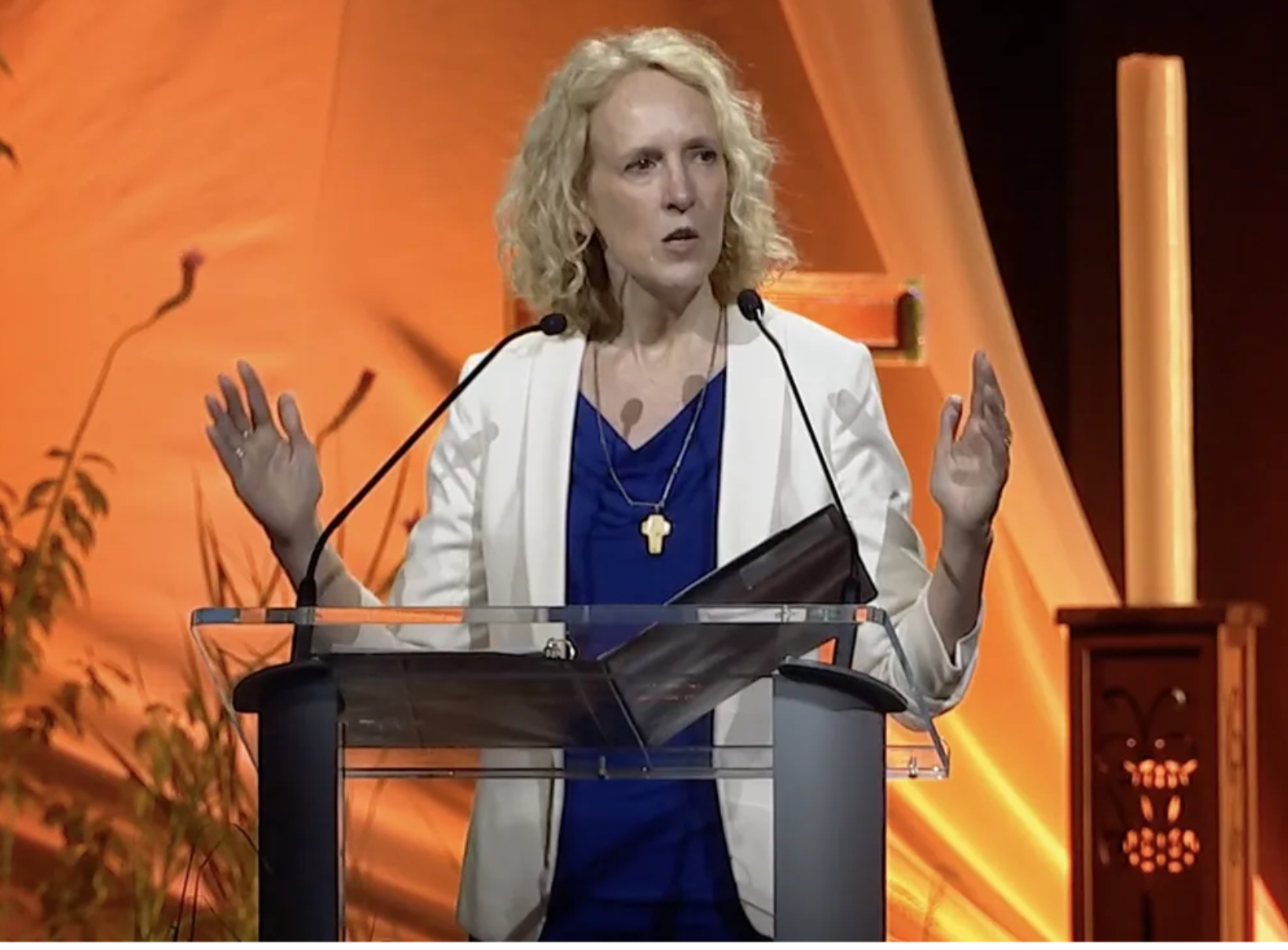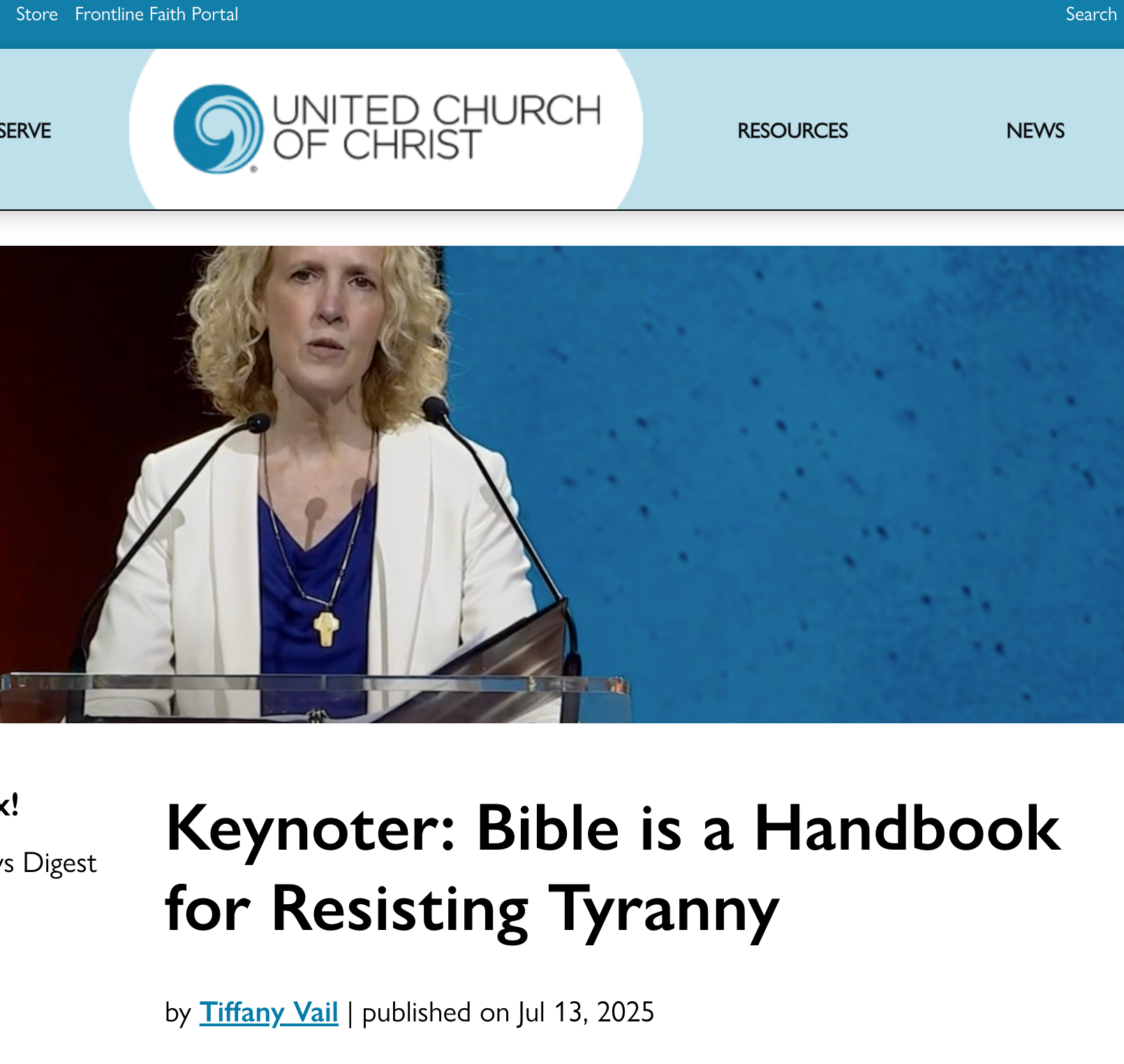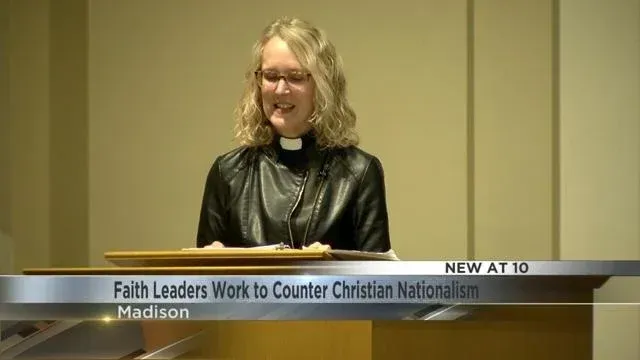Xenophobic Racism | White Supremacy Rearing its Head
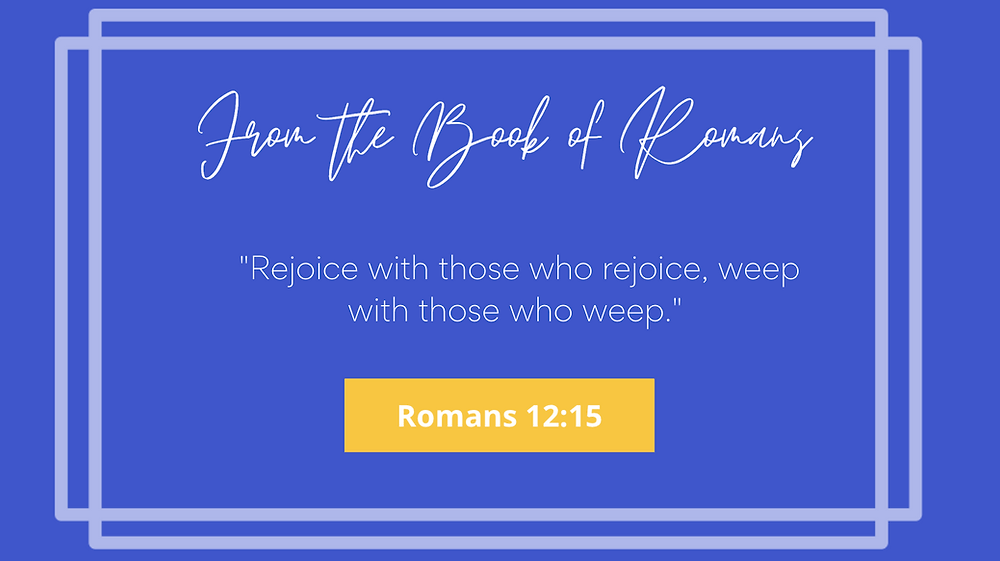
This past Tuesday, not far from my childhood home in Georgia, a twenty-one-year-old man who is a devout, white Southern Baptist drove to three separate salons where he shot and killed 8 people--most of them women of Asian descent. Human rights groups report a 150% increase in violence toward Asian people that coincides with the former president’s racist slurs about the origins of the Covid 19 pandemic.
Police officials conveyed that the gunman told the police that he had a “sexual addiction” and had carried out the shootings at the massage parlors to eliminate his “temptation.” The shooter attended a church known for its apocalypticism (with Trump-supporting overtones) in a denomination struggling to overcome its roots in white supremacy (See Robert P. Jones, White Too Long); that in the eighties moved further to the right on women’s roles in society. As one leader observed, “Young white men are being brainwashed by the politics of racial resentment by the droves.”
Accountability for violence against women, especially BIWOC (Black, Indigenous, Women of Color), is often missing because investigators carry a racist and misogynist worldview that convinces them that these women were ‘asking for it.’
I watched, outraged, as the Cherokee County police captain at a press conference Wednesday appeared to use the shooter's explanation to weaken rather than strengthen the hate crime investigation. The police captain is unable to connect the dots between centuries of colonialism and racism, which includes the fetishization and sexual abuse of Asian women, and the murderer’s explanation for his crimes.
This nation is on the heels of some tragic anniversaries, like the murder of George Floyd and Breonna Taylor, committed not by individuals but by the police who are agents of the state. Just last year faith and civil rights groups finally managed to pass hate crimes legislation in the wake of the murder of Ahmaud Arbery. Even as the murder of six women of Asian descent was done by a single individual, we need to be clear that this was made possible by state policies. For example, in Georgia, conservative groups have successfully eroded gun safety laws despite the outcry from community groups and prominent faith leaders. Also, Georgia doesn’t require a permit, background check, or firearms registration when purchasing a handgun. Notice that the shooter was able to buy a gun on the very day he planned to do violence. These are things we can change. How many more lives will be lost until we do?
I stand in grief, and solidarity with the Asian American community, aware that as a white woman I have not had to live in fear of the sociocultural hatred directed at people that share my same skin tone, or heritage. I’m thinking of Romans 12:15, which reminds us to rejoice with those who rejoice and weep with those who weep. I recognize that means we must stand shoulder to shoulder with one another, and build some sweat equity. We must be in real community with one another. This is the first step toward overcoming the fear, distance, and despair that prevents love, and compassion from taking root.
Today I encourage those of you reading this to take time to mourn these losses and the deep-seated racism and hatred that impacts each of us, in varying degrees, every day. I also encourage you to reach out, in solidarity and encouragement to those communities that are highest impacted and living in fear.
Follow, donate and share information from people like Kathy Khang, writer, speaker, and yoga instructor who hosts reflective and recuperative yoga space for BIWOC weekly on Monday evenings (women of color wanting to join should shoot her an email), or support organizations like AAPI, an organization committed to the strengthening of progressive political and social platforms of Asian and Pacific Islander communities in the US through the leadership of self-identified AAPI women and girls; The Asian Mental Health Collective, which works to make mental health support easily available, approachable, and accessible to the Asian community; And 18 Million Rising (18MR), an organization that works to develop new ways for Asian Americans and allies to collaborate, elevate Asian American voices and mobilize.
Prayer
I pray for comfort for the families of the victims and all of my Asian neighbors who are living in a state of stress and fear from these hateful attacks. May we find strength in our solidarity as we grieve and band together against the evil forces of xenophobia, systemic racism, and misogyny.”
